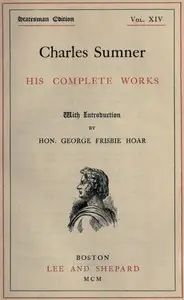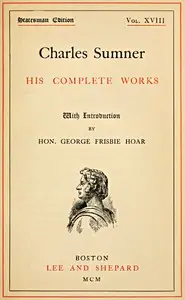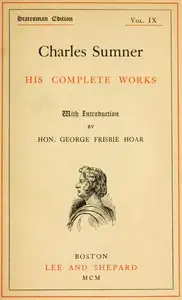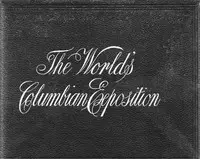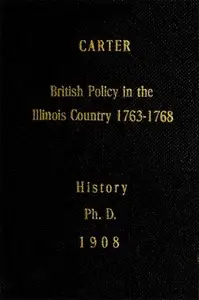"Henry Clay's Remarks in House and Senate" by Henry Clay is a compilation of significant speeches delivered by the renowned American politician during his service in Congress in the early 1800s, bringing to light his political vision. The book centers around two key speeches: a strong disagreement with the Expunging Resolutions of 1837, designed to undo an earlier Senate decision, and a critical examination of the Seminole War in 1819. These writings reveal Clay's strong dedication to protecting constitutional rights and maintaining the balance of authority in the American government. In his first speech, Clay openly speaks against the Expunging Resolutions, claiming they harm the role of the Senate within the three branches. In his second speech, he brings up the Seminole War, focusing on the moral issues and risks of military force and the violation of neutral rights. Clay's speeches show his commitment to protecting individual freedoms while also emphasizing the risks that come with too much power in the executive branch.

Henry Clay's Remarks in House and Senate
By Henry Clay
Witness a senator's impassioned fight to protect civil liberties against actions that threatened to tear the Republic apart.
Summary
About the AuthorHenry Clay Sr. was an American lawyer and statesman who represented Kentucky in both the U.S. Senate and House of Representatives. He was the seventh House speaker as well as the ninth secretary of state. He unsuccessfully ran for president in the 1824, 1832, and 1844 elections. He helped found both the National Republican Party and the Whig Party. For his role in defusing sectional crises, he earned the appellation of the "Great Compromiser" and was part of the "Great Triumvirate" of Congressmen, alongside fellow Whig Daniel Webster and Democrat John C. Calhoun. Clay died at the age of 75 in 1852.
Henry Clay Sr. was an American lawyer and statesman who represented Kentucky in both the U.S. Senate and House of Representatives. He was the seventh House speaker as well as the ninth secretary of state. He unsuccessfully ran for president in the 1824, 1832, and 1844 elections. He helped found both the National Republican Party and the Whig Party. For his role in defusing sectional crises, he earned the appellation of the "Great Compromiser" and was part of the "Great Triumvirate" of Congressmen, alongside fellow Whig Daniel Webster and Democrat John C. Calhoun. Clay died at the age of 75 in 1852.




